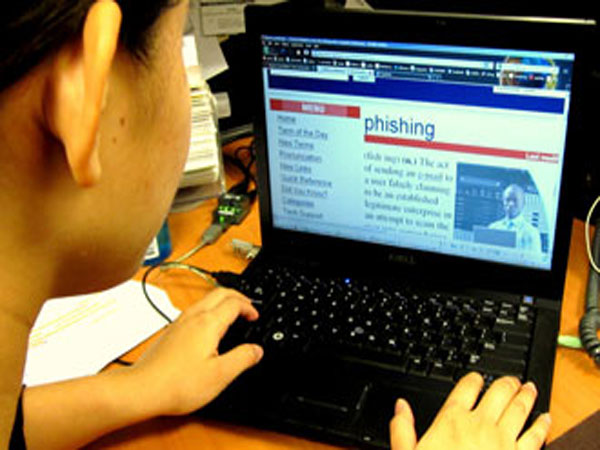



Date:23/06/11
 The Japanese parliament has passed a law, to take effect in July, which criminalises the creation or distribution of computer viruses. The new law would punish those accused of creating or distributing a computer virus without reasonable cause for up to three years in jail or a fine not exceeding 500,000 yen (US$6240), even when no harm has been inflicted.
The Japanese parliament has passed a law, to take effect in July, which criminalises the creation or distribution of computer viruses. The new law would punish those accused of creating or distributing a computer virus without reasonable cause for up to three years in jail or a fine not exceeding 500,000 yen (US$6240), even when no harm has been inflicted.
Those who acquire or store a virus will be penalised with a two-year imprisonment or a fine of 300,000 yen (US$3744).
The law describes a computer virus as an ‘eletromagnetic record that would make a computer function against a computer user.”
It also prohibits the sending of pornographic email spam, punishable by imprisonment of up to two years or a fine of up to 2.5 million yen. The new law will authorise Japanese law enforcement agencies investigating a cybercrime to request internet service providers to preserve communication logs for up to 60 days.
It will also strengthen the Japanese government’s commitment to the international Convention on Cybercrime, which the country joined in 2001 after signing a treaty mandating a crackdown on cybercrime for the 31 member states.
In the past, Japanese authorities depended on copyright-related legislation to tackle cases involving computer virus. In more than ten cases, of virus creators in the country have been apprehended by the police, but most were prosecuted on charges of violations of the Copyright Law or of destruction of property. “Hurdles for prosecuting criminal cases have been too high,” said a senior official at the National Police Agency of Japan.
Japan enacts anti-computer virus law
 The Japanese parliament has passed a law, to take effect in July, which criminalises the creation or distribution of computer viruses. The new law would punish those accused of creating or distributing a computer virus without reasonable cause for up to three years in jail or a fine not exceeding 500,000 yen (US$6240), even when no harm has been inflicted.
The Japanese parliament has passed a law, to take effect in July, which criminalises the creation or distribution of computer viruses. The new law would punish those accused of creating or distributing a computer virus without reasonable cause for up to three years in jail or a fine not exceeding 500,000 yen (US$6240), even when no harm has been inflicted. Those who acquire or store a virus will be penalised with a two-year imprisonment or a fine of 300,000 yen (US$3744).
The law describes a computer virus as an ‘eletromagnetic record that would make a computer function against a computer user.”
It also prohibits the sending of pornographic email spam, punishable by imprisonment of up to two years or a fine of up to 2.5 million yen. The new law will authorise Japanese law enforcement agencies investigating a cybercrime to request internet service providers to preserve communication logs for up to 60 days.
It will also strengthen the Japanese government’s commitment to the international Convention on Cybercrime, which the country joined in 2001 after signing a treaty mandating a crackdown on cybercrime for the 31 member states.
In the past, Japanese authorities depended on copyright-related legislation to tackle cases involving computer virus. In more than ten cases, of virus creators in the country have been apprehended by the police, but most were prosecuted on charges of violations of the Copyright Law or of destruction of property. “Hurdles for prosecuting criminal cases have been too high,” said a senior official at the National Police Agency of Japan.
Views: 2765
©ictnews.az. All rights reserved.Similar news
- Cellphone Use May Raise Cancer Risk
- Australian police pushes cyber safety education
- Vietnam aims to lead in e-government
- Senate Website Gets Hacked
- US builds net for cyber war games
- India passes law vs e-waste
- Anonymous Declares War On The City Of Orlando
- Microsoft highlights evolving dangers as online identity data proliferates
- Consumers want internet security to be provided by banks
- Government facilities targets of cyber attack
- South Korean web attacks might been war drill
- Sri Lanka to Establish National Passport Database to Increase Border Security
- Hi-tech crime agencies set to employ information security professionals
- Phone hacking and online campaign bring down the News of the World





















